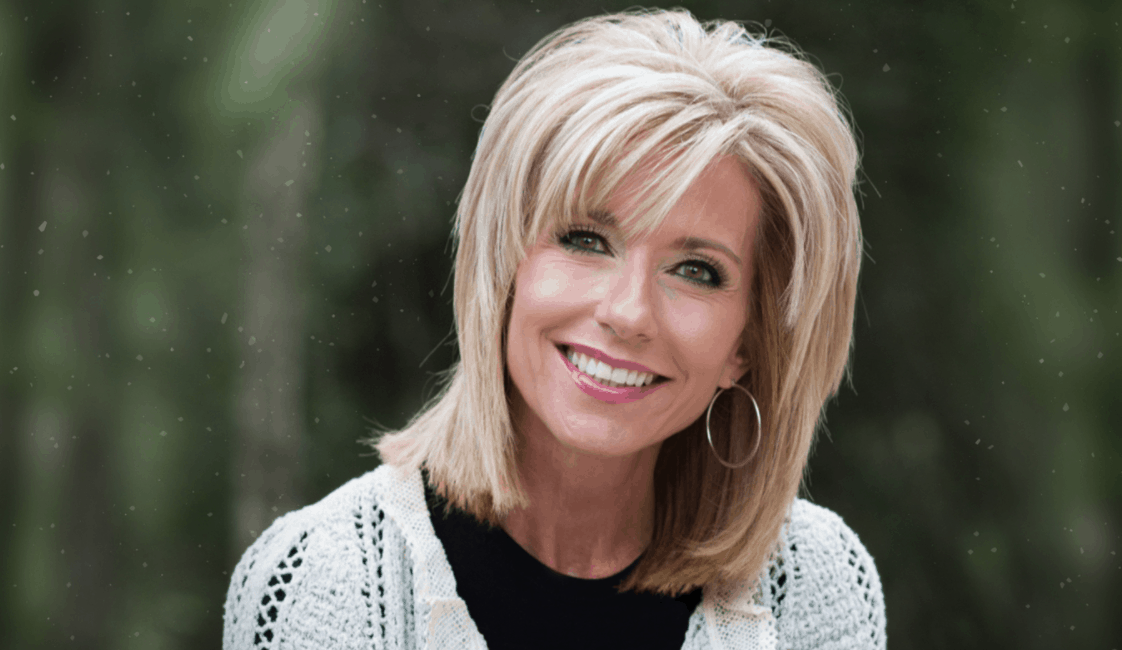
Social media is a well of comparison.
Have you ever started to scroll through your feed only to feel really crappy about yourself once you set your phone down? If so, then you know what I mean. Given that we as humans are social beings, this feeling is not uncommon.
A 2014 Ford consumer trend report found that 62 percent of adults worldwide reported better self-esteem after positive social media feedback to theorize, “What looks like, and perhaps started as, vanity showmanship is now a deep desire for validation.” Whether it’s because your friends are all using FaceTune or they’re “flexing for the gram,” social media can feel like an exercise in performance anxiety or on the other end, an insidious confirmation that you just don’t measure up to your peers.
The Today Show surveyed 7,000 mothers and nearly half of them (42 percent) reported feeling a sense of domestic inadequacy in relationship to their Pinterest habits.
And it’s not just Pinterest. New York Magazine recently identified six different types of anxieties that promote a sense of inferiority when it comes to social media. It’s stressful enough that you have to battle through an inferiority complex at all when scrolling through a feed of flawless lifestyle bloggers—not to mention a variety of six kinds!
For a long time, I fell into this comparison rabbit hole and over-calculated what I would post. Before I realized how preoccupied I was with crafting my image and operating as my own “brand manager,” I became wracked with overthinking and a sense of inferiority that wouldn’t quit.
At the end of the day, my time on social media wasn’t about memories or creativity, it was a fixation on what this digital extension of my identity would say about me as a person.
It wasn’t until a friend talked to me about a shift in my priorities that I realized how my search for validation through the Internet had hindered my relationships IRL.
Since then, I’ve relaxed and embraced using social media in a much more healthy way. Here are some ways I’ve found to avoid falling into this pit and use social media responsibly instead.
Set a curfew on social media.
If you’re anything like 71 percent of the Americans surveyed, you usually go to bed with your phone. This is directly correlated to difficulty falling asleep but it also means that social media—all of these digital extensions of yourself—feels ubiquitous.
Facebook and Instagram are excellent tools to keep in touch with others and document moments of your life you want to celebrate or remember.
But you have a life beyond the internet. Your follower count doesn’t correlate to your character, your sense of belonging or the health of your relationships. Not turning your social media off can blur those lines.
An overactive social media habit has also been linked to depression among teens. In order to keep a healthy relationship with these outlets, keep a healthy distance and turn it off at a certain time. Remember what Instagram and Facebook and Pinterest actually are at the end of the day—they’re tools. Not necessities.
Don’t take yourself too seriously.
I’m a perfectionist. I usually point to these attributes when I’m obsessing over the edit I make on an image because it’s easy for me to argue that it’s not about the photo, it’s about my judgement as a creative.
It’s not that serious.
People will scroll past it and ultimately, my tweets, Instagram posts or status updates will disappear into the content black hole of days past. I’ve decided it’s much more worthwhile to create something that will last, like writing a book or investing in my friendships with the time I could be trying to take the perfect ‘gram.
Repeat after me: Don’t take others or yourself too seriously.
Social media is a highlight reel.
The people you follow are not posting photos of their most anxiety-ridden moments, they are not posting #nomakeup photos after a long night at work. You don’t see who has just gotten the news that their parent has a terminal illness, or whose child is failing in school, or whose boyfriend has just broken their heart.
You see the moments that are filtered for consumption.
We’re all messy, flawed human beings and very little will change that, regardless of what our perfectly curated Pinterest boards may argue. Whenever you’re feeling envy or a gnawing sense that their life is perfect and yours is just not, remember that social media rarely, if ever, shows the whole picture.
Actively build community.
Social media algorithms reward the most active users. That means that if you’re more likely to comment and like the photos of others, your account is more likely to be featured in top posts and showcased in the explore page or brought to the top of other people’s feeds. The more you engage, the more your account is favorably organized in the algorithm.
At worst, social media is a well of comparison and at best, it’s a source of connection.
The more you engage, the more connection you are building among your social media networks and ultimately that’s what makes our time on these platforms worthwhile.
After all, there are people on the other end of those accounts, too.






















